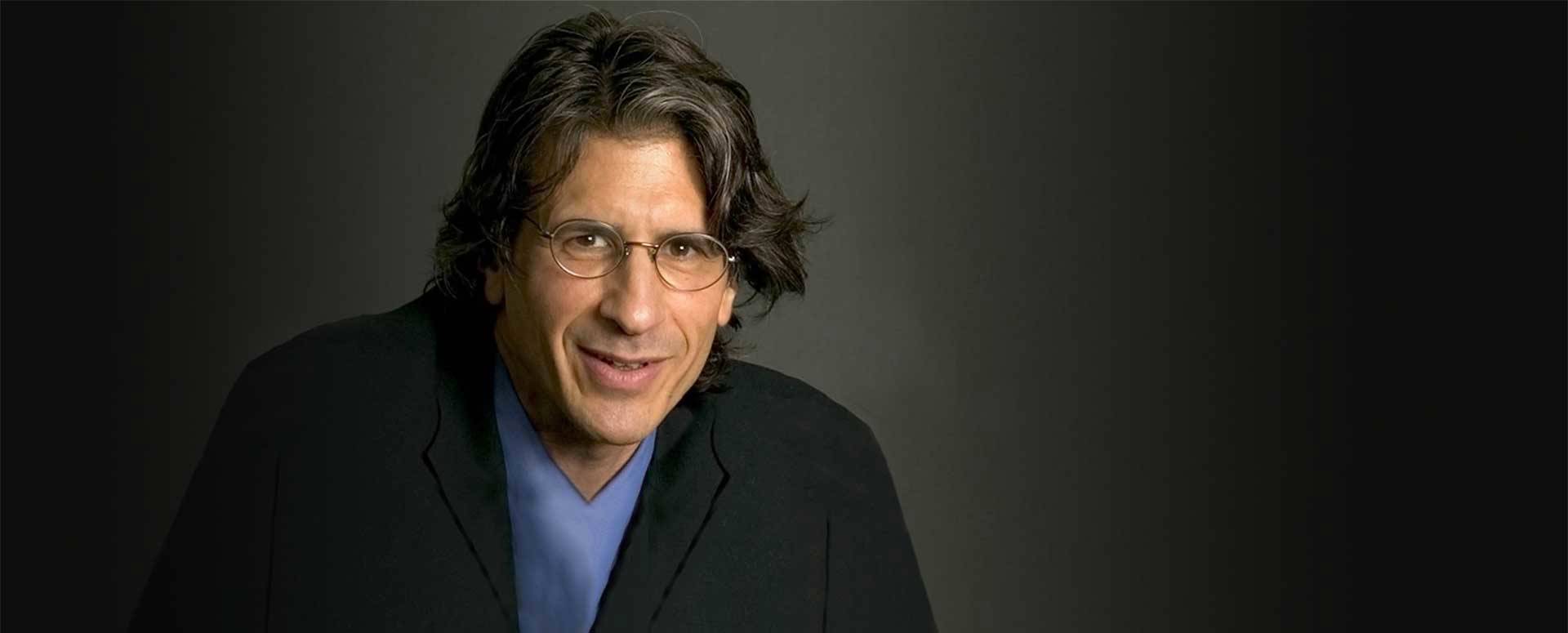
Joshua Sparrow
Child & Family Psychiatrist
Joshua Sparrow
Child & Family Psychiatrist
Biography
Dr. Joshua Sparrow, child, adolescent, and general psychiatrist, is an associate clinical professor in psychiatry at Harvard Medical School and Director of Strategy, Planning and Program Development at the Brazelton Touchpoints Center at Children’s Hospital Boston. Dr. Sparrow’s care in the ‘90s for thousands of children hospitalized for severe psychiatric disturbances, often associated with physical and sexual abuse, and development delays aggravated by social depravation, prompted his interest in community-based prevention and health promotion.
At Brazelton Touchpoints Center, where budget and activities have tripled over the past decade, he has initiated and overseen many of its projects, including a ten-year partnership with Harlem Children’s Zone’s family support and early education programs, Tribal Touchpoints, Touchpoints Latin Initiative, New York City Public Health Department’s Childcare Inspection Project, and others.
His recent publications include several chapters on strengths-based, culturally informed family support and professional development programs, and a new textbook co-edited with Barry Lester, PhD, entitled Nurturing Children and Families: Building on the Legacy of T. Berry Brazelton, which includes contributions by internationally recognized researchers, interventionists, and advocates in early education, development psychology, nursing, pediatrics, and policy. With Brazelton, Dr. Sparrow co-authored eight child development/parenting books, including Touchpoints Three to Six: Your Child’s Emotional and Behavioral Development, and the weekly New York Times syndicate column “Families Today.”
Dr. Sparrow holds joint appointments at Harvard Medical School and Children’s Hospital Boston. He received his MD at Yale University.
Speech Topics
Trauma & Recovery: How We Heal with Children, Families & Providers
Life is full of stress, and it’s hard to imagine that any of us make it all the way through without ever experiencing trauma. As we – and the children and families we work with – adapt and cope to the harms we and they have lived through, we may behave in ways that are difficult for others to understand and respond to in ways that heal. For those of us who work with children and families, we may also experience their traumas vicariously, adding to the burdens that many of us carry from our own lives and the world around us into our helping and caring work. But trauma is not destiny, and it need not define us. In this talk, we’ll delve into how trauma hurts, and paths to healing that restore our ability to define ourselves and reclaim our destinies.

)
)
)